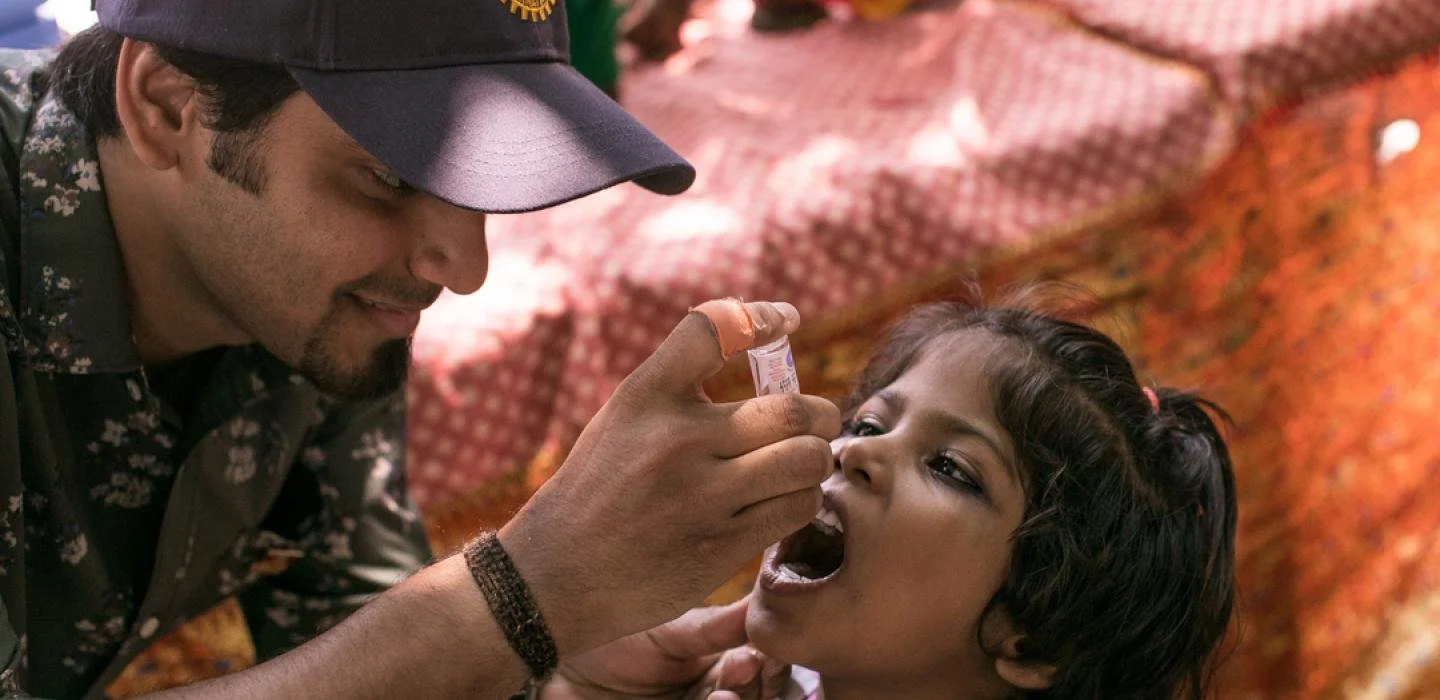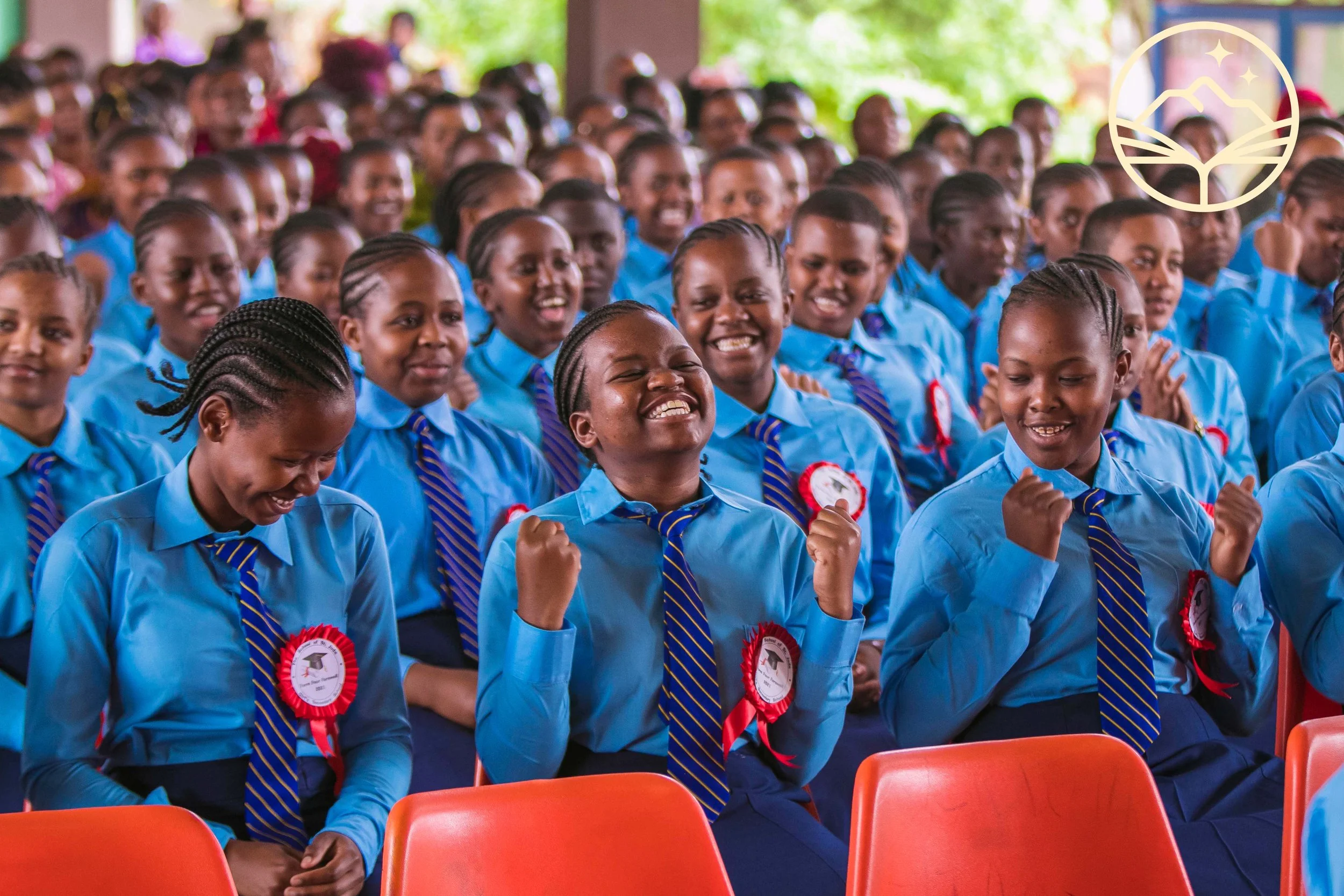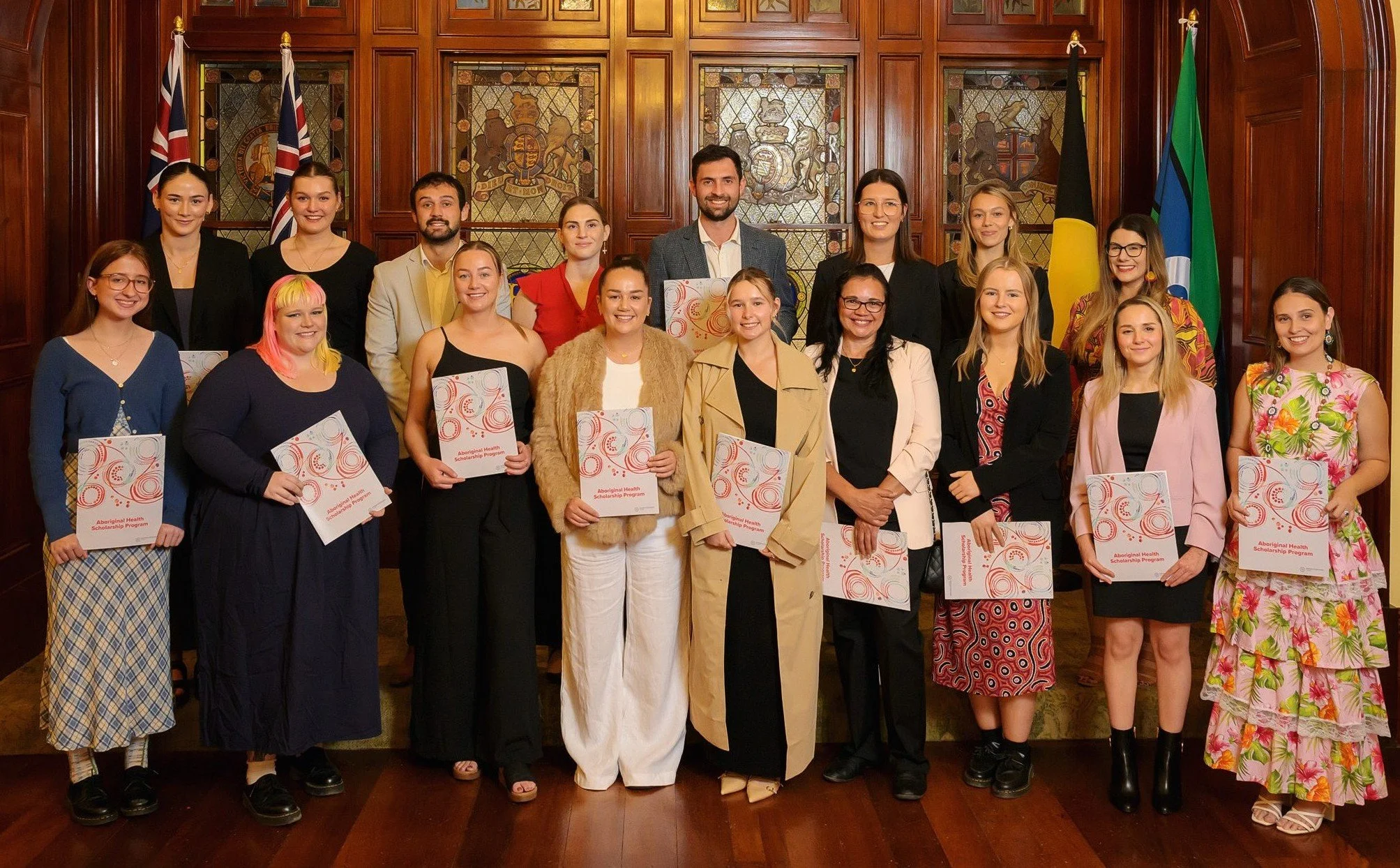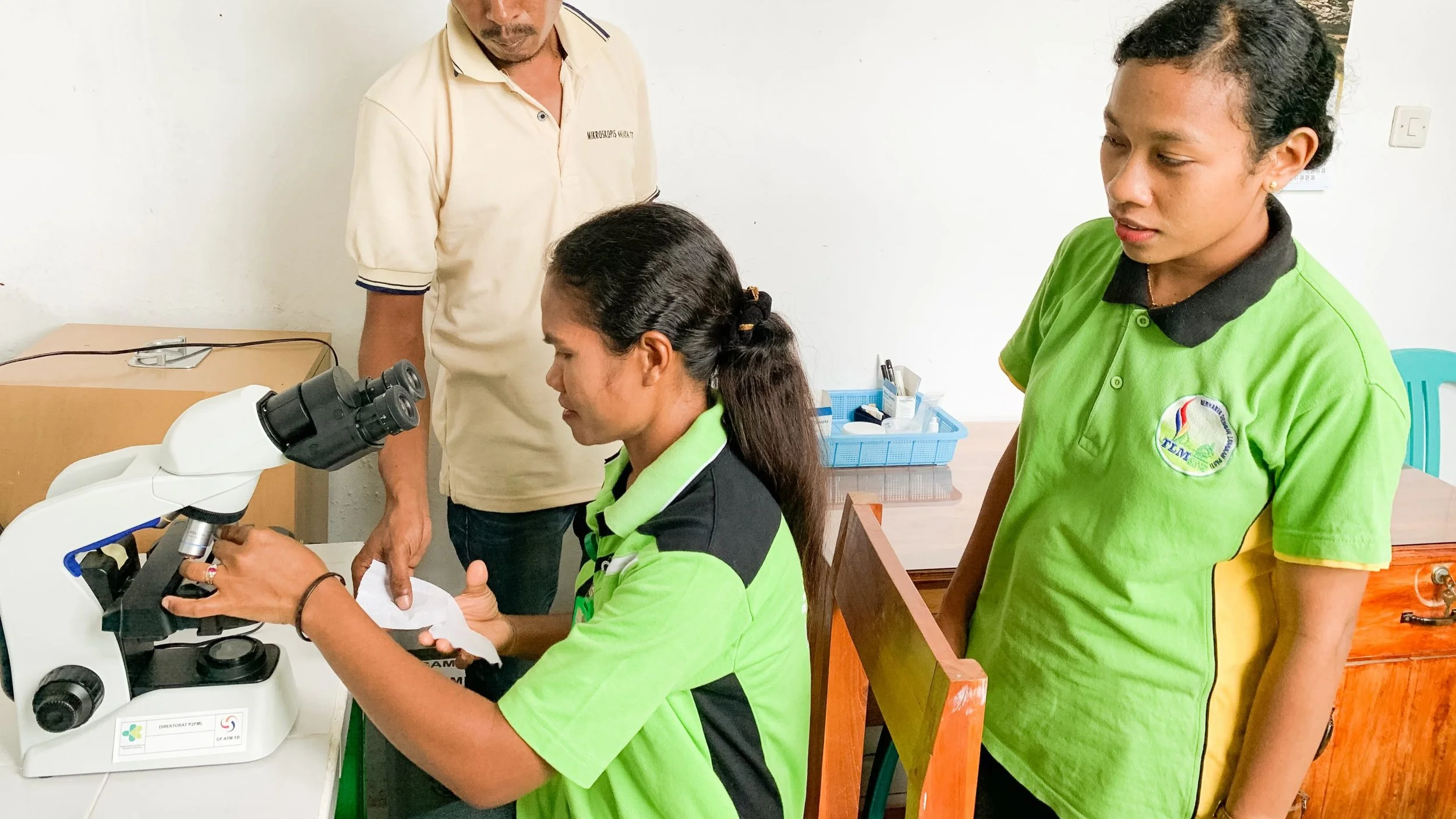
International Projects
Making a difference in the world
-

Polio Plus
Rotary is an international community that brings together leaders who step up to take on the world’s toughest challenges, locally and globally. The eradication of polio is one of our longest standing and most significant efforts. Along with our partners, we have helped immunize more than 2.5 billion children against polio in 122 countries. We have reduced polio cases by 99.9 percent worldwide and we won't stop until we end the disease for good.
-

Shelterbox
Shelterbox provide shelter, essential items and technical assistance to help some of the world’s most vulnerable people recover and rebuild their homes after disaster. he Shelterbox contains a ten person dome tent, bedding, light, heat, cooking aids, clean water kit, tools and children's activity pack.
-

Rotary Australia World Community Service
Little Paths Australia, supports by RAWCS (Rotary Australia World Community Servicl) is committed to ensuring that Tanzanian families that are experiencing the impacts of extreme poverty, are supported with the tools they need to care for their children and encourage their educational success, from the safety of their family home.
-

Fijian School Solar Panel Project
Many Fijian Island schools struggle with no electricity supply - or rely on dirty diesel generators they can barely afford to run a couple of hours per day. The kids have little or no chance of a modern education. Its Time Foundation, with the generous support of it’s partners, provides clean, free energy for lighting and computers and utterly transforms the education and prospects for these kids. It can mean the start of computer education at the school. And the money saved on generator fuel creates decades of cash flow to buy the computers. What a neat way to reduce our carbon dioxide emissions.
-

The School of St Jude Tanzania
In 2002, The School of St Jude opened with one teacher and a handful of sponsored students. Today, The School of St Jude is a pioneering leader in charitable education within Africa, providing free, quality education to 1,800 bright primary and secondary students who come from considerably poor backgrounds. They are provided with everything they need for a successful education, ensuring students' well-being and future success.
Our Rotary Club has been a proud sponsor of St Jude’s for many years.
-

Interplast
In Australia and New Zealand, we often assume that if we need medical care, we will receive prompt and effective treatment from highly qualified doctors, nurses, surgeons, and other specialists. However, just across the border in the Asia Pacific region, a lack of resources and limited training means that people with treatable conditions often do not receive timely or adequate care—if they receive any treatment at all. According to the Lancet Commission on Global Surgery, an estimated 143 million people each year lack the surgical attention they urgently need. Over 99 million of these cases are in Asia and Oceania, where Interplast operates.
-

Australian Rotary Health Fund
Australian Rotary Health is one of the largest independent funders of mental health research within Australia. It provides funding towards research grants, fellowships and PhD scholarships focused on finding preventative and curative solutions for mental illness in young Australians. From 2023, our funding focus narrowed to the mental health of children aged 0-12. It also provides funding into a broad range of general health areas, provide scholarships for rural medical and nursing students, as well as Indigenous health students. Australian Rotary Health provides funding into areas of health that do not readily attract funding, and promotes findings to the community.
-

Rotarians Against Malaria
Malaria has killed and debilitated humans since history began. Though there have been impressive reductions in the incidence of both disease and death in this century, with a halving of cases and deaths since 2000, malaria remains a disease that causes over 400,000 fatalities every year. The heaviest toll taken by malaria is among the poorest communities, mostly in Africa and in other tropical regions. Malaria reflects the health inequality between developed and developing countries. Among Australia’s neighbours, malaria has almost been eliminated in Timor Leste and Vanuatu is aiming for elimination in the next few years. The disease remains a significant problem in PNG, Eastern Indonesia, and Solomon Islands.

